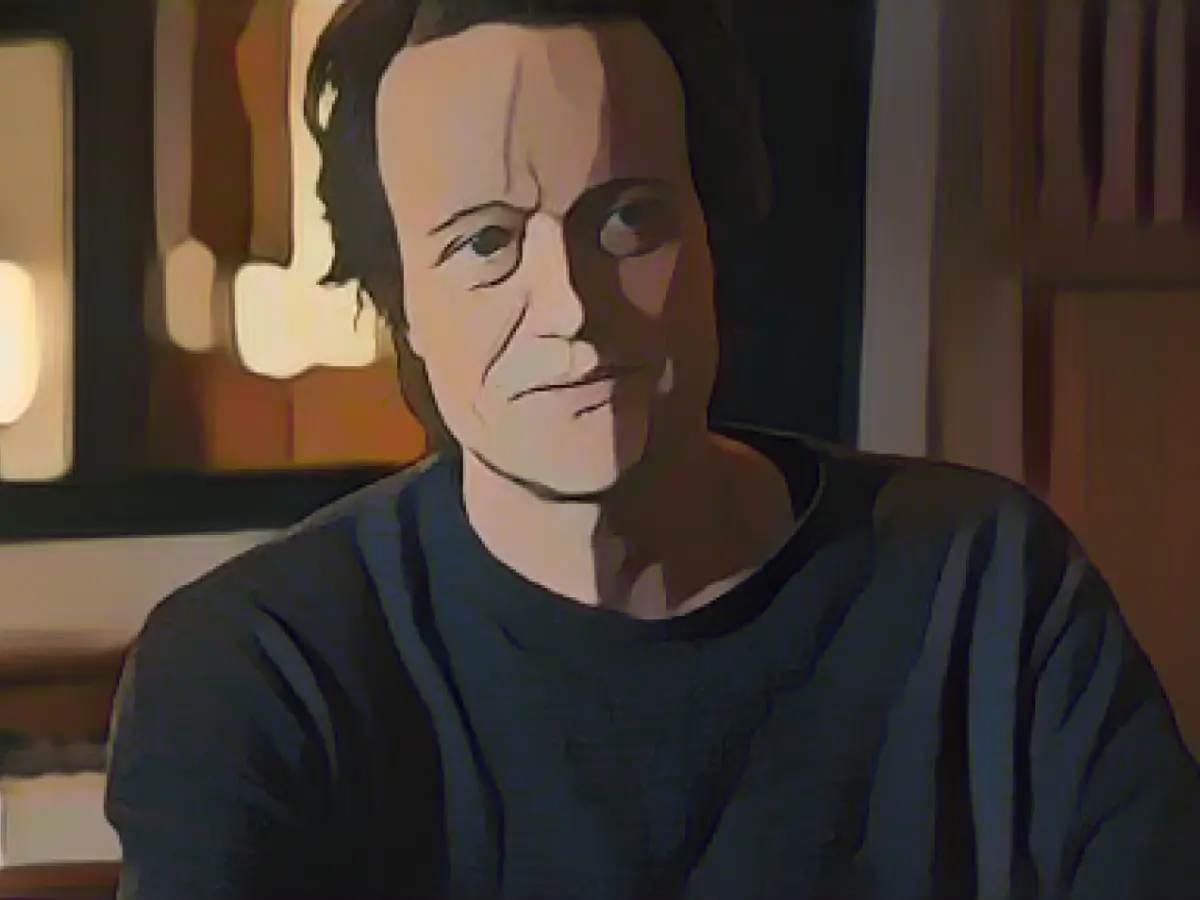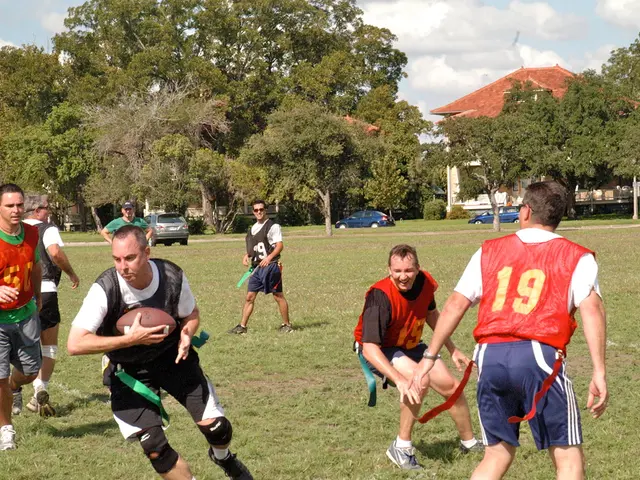Unraveling the Enigma of Karl Koch: From Hacker to Cold War Pawn
Karl Koch, a 23-year-old German hacker from Hanover, vanished without a trace on May 23, 1989. The subsequent discovery of his charred corpse in a nearby forest, with a petrol can nearby, led police to conclude that he had set himself on fire. However, the Sky documentary "23 - The Mysterious Death of a Hacker" offers a more nuanced account, shedding light on Karl's complex life and the political backdrop behind his death.
Frank Plasberg, a seasoned journalist, hosts the documentary, which leverages previously locked-away files to provide fresh insights into the KGB hack case. Plasberg draws on original statements made by Karl during his interrogation by the Office for the Protection of the Constitution, recreated with actor August Diehl's voice.
The documentary features interviews with Karl's contemporaries, including Hans-Heinrich Hübner, who worked on the so-called "KGB hack," and Freke Over, Karl's school friend. Even Karl's "foster mother," Hannah Over, and Steffen Wernéry, a founding member of the Chaos Computer Club (CCC), contribute to the narrative.
The film discusses the media's role in covering the tragic event, questioning whether they sensationalized the story at the expense of Karl's mental health. This is further explored in a subplot examining Vladimir Putin's involvement during the KGB era, as Putin was working in Dresden at the time.
However, the autopsy report remains a stubborn mystery, with the Federal Public Prosecutor's Office citing Karl's post-mortem personal rights as the reason for its continued secrecy. Author Benjamin Braun reports that attempts to gain access to the report through legal means have been unsuccessful.
Despite this, the Sky documentary offers a comprehensive exploration of Karl's life, his work with the KGB, and the impact of the Cold War on his world. The film's fresh take and unique insights, coupled with its gritty portrayal of the era's complexities, make it a must-watch for anyone interested in the intersection of technology, politics, and human drama.
Additional Context: During the Cold War, technology emerged as a new battleground, with both the Eastern Bloc and the Western Bloc seeking to exploit every advantage. Hackers like Karl Koch found themselves at the center of this conflict, their skills coveted by both sides. The Koch case highlights the ethical dilemmas and high stakes involved in such clandestine activities, a theme that remains relevant in today's digital age.
The documentary's focus on media responsibility is particularly timely, as today's digital landscape is characterized by an abundance of sensationalist content and the blurring of lines between fact and fiction. The Koch case serves as a stark reminder of the importance of accurate reporting and responsible journalism in the face of potential sensationalism.





